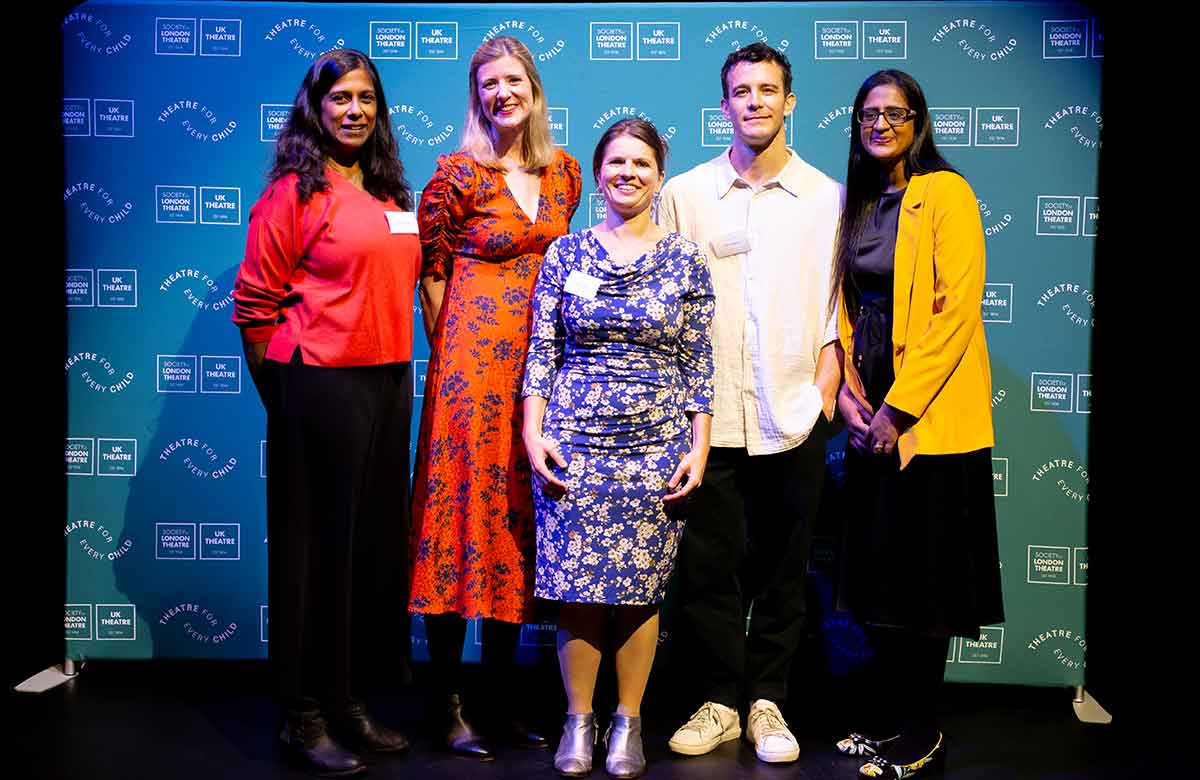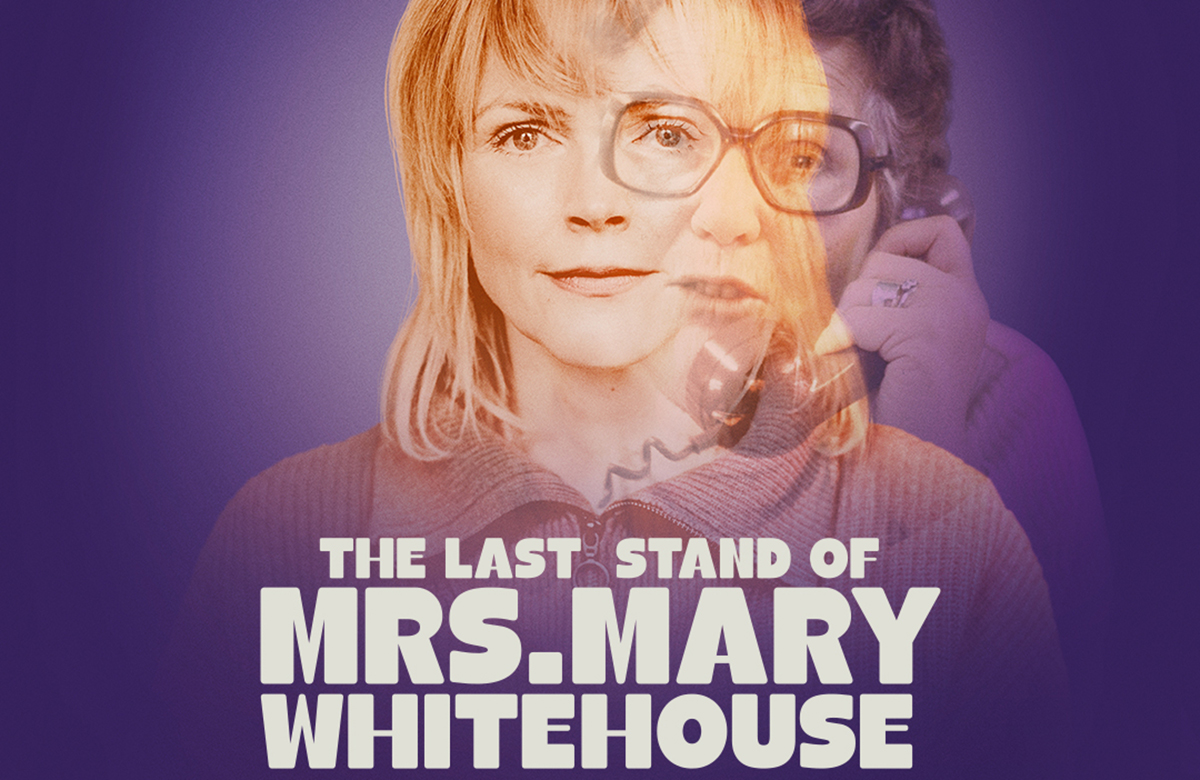Cuts to school trips an ‘emergency’ for theatre, leaders warn
More than half of school leaders are slashing spending on trips according to new research, in what theatre bosses have labelled an "emergency" for access to the industry.
The Sutton Trust’s latest poll found 53% of leaders across primary and secondary schools are reducing their spend on trips and outings – up from 50% last year. The figure represents the most severe cuts to school trips since 2017.
Although the research relates to trips in general, theatre leaders warned it was particularly unwelcome news for the sector.
Society of London Theatre and UK Theatre co-chief executive Hannah Essex called the cuts "cause for alarm", while Nottingham Playhouse boss Stephanie Sirr claimed they posed an "existential" threat to the future of theatre.
The squeeze on school trips is one of a number of symptoms of an education sector at "breaking point" laid bare by the survey of more than 1,200 teachers, conducted by the National Foundation for Educational Research for the Sutton Trust.
Continues...
Staff, equipment and GCSE and A-level courses, particularly creative subjects such as drama and music, are being shed as part of a desperate effort to cut costs, but Rebecca Montacute, the Sutton Trust’s head of research and policy, said that cuts to school trips reaching an eight-year high was particularly worrisome.
"These findings are especially concerning given the importance of school trips in broadening the horizons of young people in low-income families, who may not have the opportunity to visit the theatre, an art exhibition or a musical performance otherwise," she said.
Essex argued that the report signified increasingly "entrenched" barriers to theatre for students from disadvantaged backgrounds, whose families would not be able to take them to performances outside school hours.
"We risk shutting out a generation from the arts – not because of lack of interest or potential, but because of financial and logistical obstacles," she told The Stage.
"Every child deserves the opportunity to experience live performance and see themselves reflected on stage. This is not only vital for social and cultural development – it is essential to securing the future pipeline of talent for the creative industries."
Essex urged the government to put £1.5 million towards a pilot for its ongoing Theatre for Every Child campaign, which aims to ensure all children can attend the theatre at least once before they leave school.
She also claimed that travel costs were increasingly cited by schools, especially those in rural and disadvantaged areas, as a significant barrier to school trips – a factor Sirr agreed was particularly problematic.
"People pick the wrong reason why [school trips] aren’t happening," Sirr told The Stage. "They say it’s because of the ticket prices, but actually the tickets cost less than the coach.
"It’s factoring in the cost of the coach – or even the availability of the coach. A lot of transport companies are going out of business."
Sirr also claimed that while auditoriums around the country were often filled with children, they were largely students from more affluent schools who could afford to foot the bill.
"Sometimes [the problem is] disguised because private and fee-paying schools are still coming to the theatre," she said.
"Unless you drill down into the make-up of your school groups, you may not realise that the [attendance levels of] state-run schools are absolutely dwindling into non-existence if we’re not careful.
"It’s absolutely existential for the future of theatre if young people don’t see the point of it simply because they haven’t been exposed to it."
Reversing the decline was possible, Sirr argued, as long as the government supported a pilot of SOLT and UK Theatre’s campaign, which could illuminate cost-effective solutions for schools and theatres.
"We just need a little bit of seed investment to solve a problem that will have really wide-reaching benefits," she added.
Continues...
Artistic director and joint chief executive of Polka Theatre Helen Matravers called the cuts "heartbreaking", remarking that the sweeping cuts to teaching staff also revealed in the Sutton Trust’s report were making it even harder for schools to justify trips for their pupils.
"Not only is the squeezing of school budgets causing [cuts to trips], but also the pressure on teachers and shrinking staff provision, with some schools simply too short-staffed to take trips out of school," Matravers told The Stage. "This is an absolute emergency."
Unlike Sirr, Matravers expressed pessimism about the theatre sector’s ability to help, contending that "the position that theatres are currently in financially means that there isn’t enough provision to plug these gaps sufficiently to help these school leaders".
Meanwhile, pantomime producer Chris Jordan lamented the threat to school trips as a "huge shame".
"I’ve seen school groups at pantomimes where children are absolutely beside themselves – not only with the silliness and jokes but because they are engaged in the story," he told The Stage.
Although Keir Starmer and various ministers have declared their commitment to ensuring all students, regardless of background, have access to the arts, SOLT and UK Theatre’s proposal for £1.5 million to trial their Theatre for Every Child Campaign in a disadvantaged area has so far been frustrated.
Production News
Recommended for you
Production News
Recommended for you
Most Read
Across The Stage this weekYour subscription helps ensure our journalism can continue
Invest in The Stage today with a subscription starting at just £7.99
















